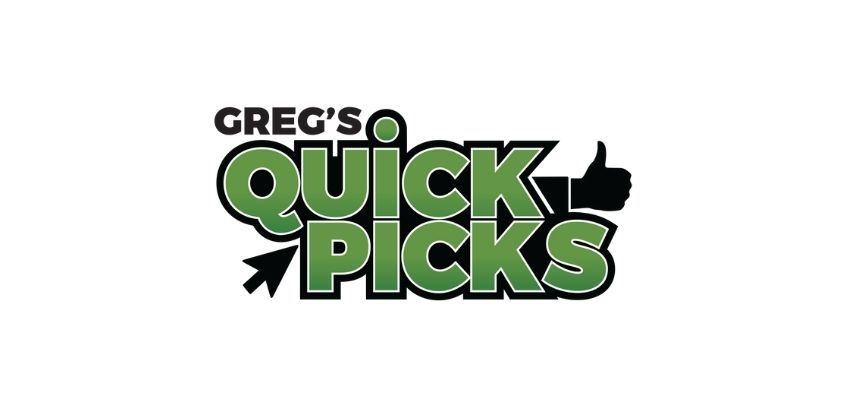
Near Record Lows Mortgage Rates Offer Mixed Bag Of Opportunities
The year 2020 ended with nearly the lowest mortgage rates on record, offering hopes of cheap financing for buyers. The week ending Dec. 31 closed with a 30-year-fixed-rate mortgage averaging 2.67%, slightly up from the new record low of 2.66% set the week prior.
At the same time, the 15-year-fixed-rate mortgage dropped to 2.17%, hitting a record low for that mortgage product, and the 5-year Treasury-indexed hybrid adjustable-rate mortgage fell to 2.71%.
These low mortgage rates are encouraging many buyers to search for a home, driving activity in the housing market. A recent Freddie Mac report showed that mortgage rates decreased to unthinkable record lows more than a dozen times in 2020.
Signs of a Turning Tide
Though the rates are currently quite favorable for buyers, they should avoid waiting too long to lock in these low rates. A high level of uncertainty in the political and economic spheres of the US could prompt sharp movements in bond yields. Mortgage rates generally move in the same direction as long-term bond yields, especially the 10-year Treasury note.
The trajectory of the pandemic and the economy will have a significant impact on rates. Other factors, including inflation and the Federal Reserve’s desire to keep rates low, will also influence mortgage rates. If vaccines continue to roll out and the global economy begins to recover, benefiting the U.S., mortgage rates can be expected to rise.
In a Time article, HousingWire’s Housing Data Analyst Logan Mohtashami said, “If we don’t execute on getting a vaccine, then mortgage rates could stay around these low levels.” He goes on to say, “Once we get a vaccine distributed and better treatments, that last 10 million Americans who are still unemployed should be able to find work. That income, plus the fiscal aid and monetary aid should drive up inflation just a little bit higher, and demand should be higher and growth should be back to normal … Slow and steady growth of the U.S. economy will be the primary driver of higher mortgage rates next year.”
Lawrence Yun, chief economist at the National Association of Realtors, believes the Federal Reserve’s actions will play a critical role in determining the direction of mortgage rates in 2021. “The Federal Reserve has indicated they want to pursue this low interest rate policy for a long period, over the next two or three years, “ he says. Though the Federal Reserve doesn’t directly control mortgage rates, conventional wisdom holds that their actions will have an indirect impact on rates.
Most economists predict rate increases in 2021, but differ on how much they believe rates will climb.
Projected average 30-year mortgage rates in 2021
- Fannie Mae: 2.7%
- Freddie Mac: 3.0%
- Mortgage Bankers Association: 3.2%
- National Association of Realtors: 3.0%
- Realtor.com: 3.2% for most of 2021, 3.4% by year’s end
Implications of Rising Mortgage Rates
Regardless of how high mortgage rates climb in 2021, first-time buyers may struggle to find an affordable home, especially as inventory hits new lows and drives up prices.
For example, a 1% increase, from 2.7% to 3.7%, will raise a monthly payment by $164 for a $300,000 home. Over the life of the loan, the increase would cost homeowners an additional $59,169 in interest.
First-time home buyers should carefully read each loan estimate to find out exactly what fees they will be paying, because the lowest interest rate isn’t necessarily the most ideal option.
Closing Thoughts
QuickDraw Fund Control wanted to share these important insights with you to inform your business decisions. Your insights are invaluable as we strive to keep our clients informed about the state of our ever-changing market. Please call Greg at: (818) 254-5823.
Sources:
https://time.com/nextadvisor/mortgages/mortgage-predictions-2021/
